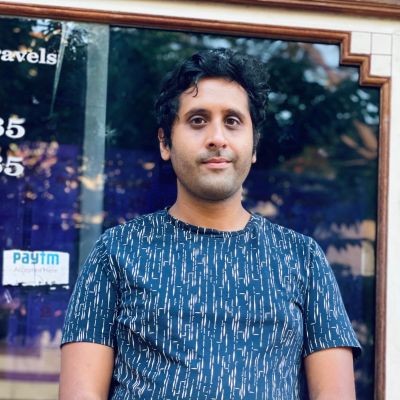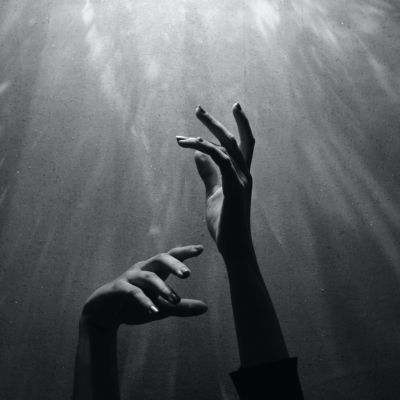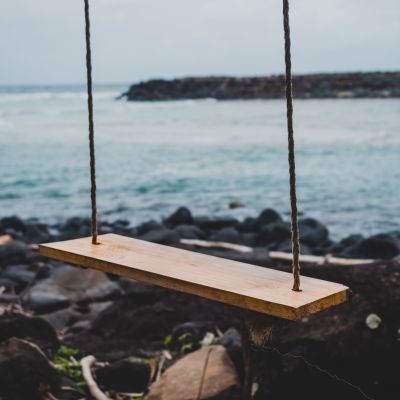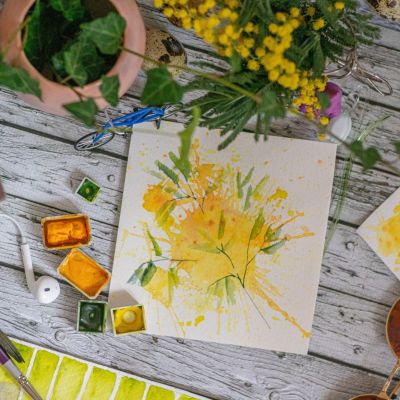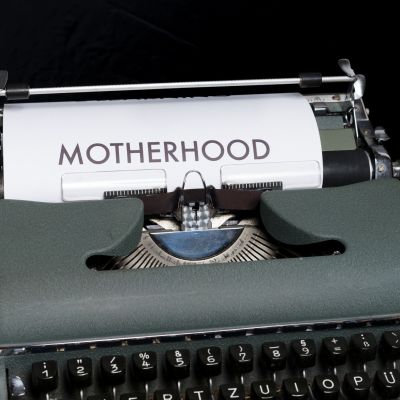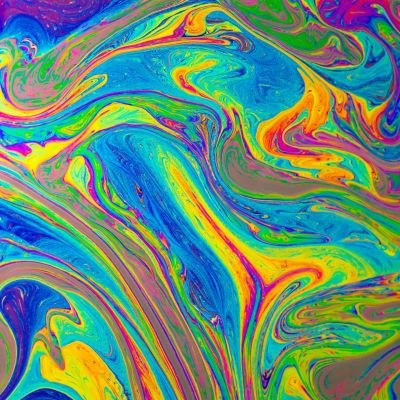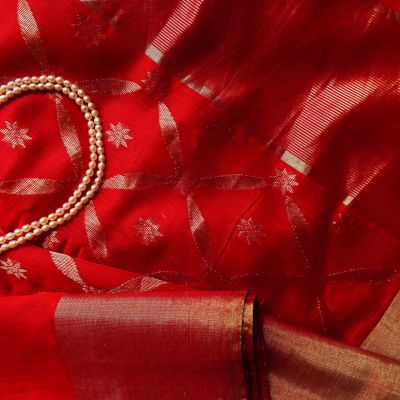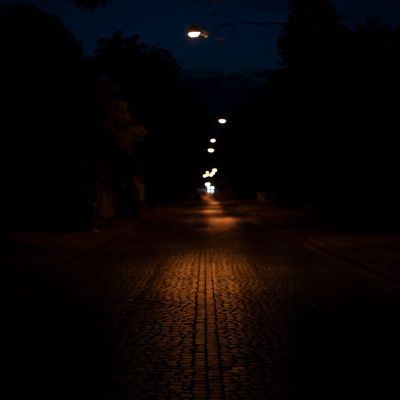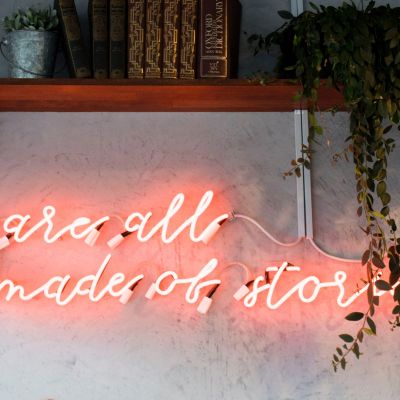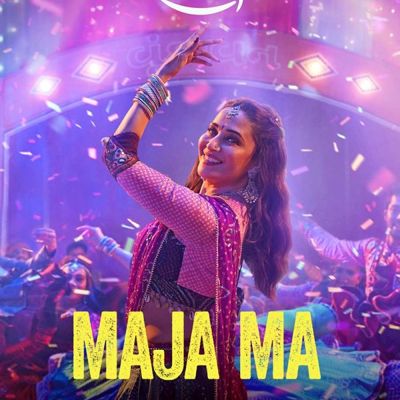Narratives and Sexuality
Stories hold power. They shape how we understand the world, and if they are stories of distorted facts and falsehoods, they spread unease, discord and hatred. But stories also allow us to imagine other possibilities; they give us hope that we can overcome oppression and injustice.
So I am realising now that for me the space of borderlessness applies to everything. It applies to the physical and topographical border as it does to the borders we create between gender and their expressions. I think I would like to argue for a truly borderless understanding of the world.
“Something about this pose brought about a sense of owning my body, my persona, my expression, my sensuality, my whole being. The drop of the hip made the bottom vertebrae curve, and appear out of alignment from the rest of my spine. A deviance, defiance of the normal straight stance. A resistance, a revolt of sorts.”
This awareness of the status ascribed to women – the status of being the objects of men’s desires – affects every aspect of a woman’s life. Desire then, in particular, becomes an aspect of a woman’s life where navigation becomes tricky.
I realise that a lot of men want (and need) to dominate women not because it is mutually pleasurable but because it reinforces patriarchal hierarchies. The taboo around kink, as a larger space of exploration, and BDSM, as a part of it, only furthers the violence, intensifying the apparent mystery of these subjects.
The idealisation of motherhood is crucial to our culture; it is important that the mother is self-sacrificing. This sacrificial instinct isn’t limited to women’s behaviour. It goes on to encompass the entirety of her corporeality and the way she performs it.
हमें ख़ुद को यह याद दिलाना ज़रूरी है कि हराम और आएब को पितृसत्ता की वैश्विक प्रकोप से बढ़ावा मिलता है। वे एक ऐसी क़ैदी संस्था, बाध्यकारी बुनियादी ढाँचे और प्रतिबंधक प्रणाली का हिस्सा हैं जो अपनी प्रजा की स्वतंत्र पहचान और खुली अभिव्यक्ति को नियंत्रण मैं रखते हुए अपनी व्यापकता को बनाए रखता है।
There are different narratives where lie hidden worlds of codified feelings, justifications, a reason to buy or not buy into injustice, or othering.
Drag is more than a form of entertainment or art form or a form of comedic release, it’s the realization of the fun of being queer or having a queer perspective.
Khusro to Bullah. Ada to Parveen
यह, वह, वो
He, she, they
Lover or Beloved? Woman or Man?
I see people and places,
Couples and crushes
I hear giggles and whispers.
These are the secrets untold to me.
They’ punch him
with the pejorative
‘sissy’
and blame him for his smooth skin
and pink lips
for all ‘their’
disoriented gazes.
Looking back, it seems strange, almost sad that he couldn’t contain his anxiety, couldn’t bear the shame of what he did wrong. He must have skimmed over so much turmoil, that he couldn’t accept the reality of harming someone.
This reconciliation between Pallavi’s public (seemingly) heterosexual and closeted lesbian identities points to a distinctly Indian way of avoiding polarities through a new social arrangement where both identities are allowed the space to flourish.


